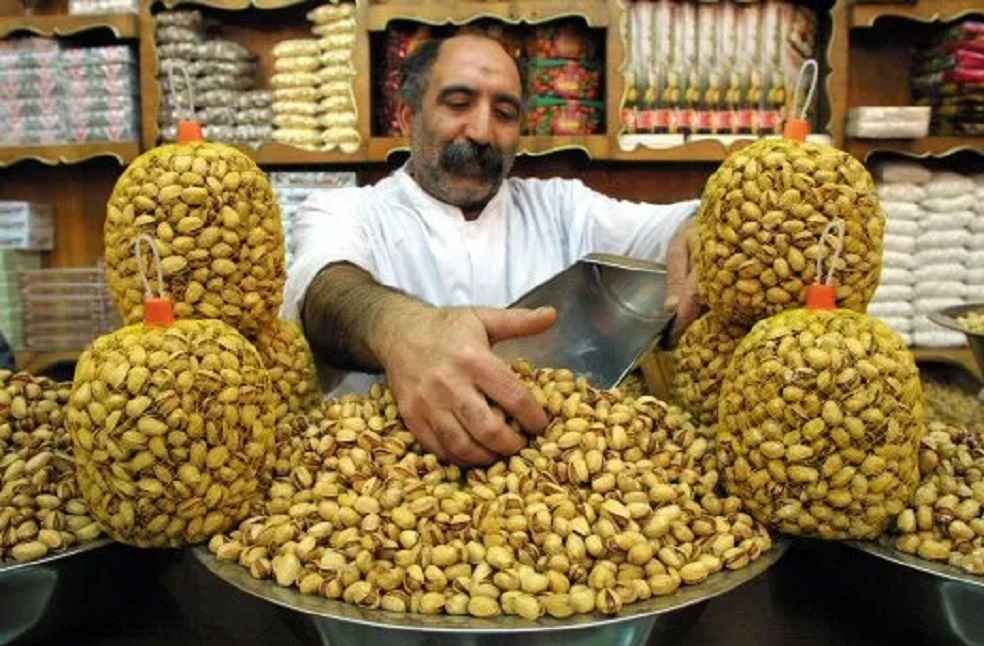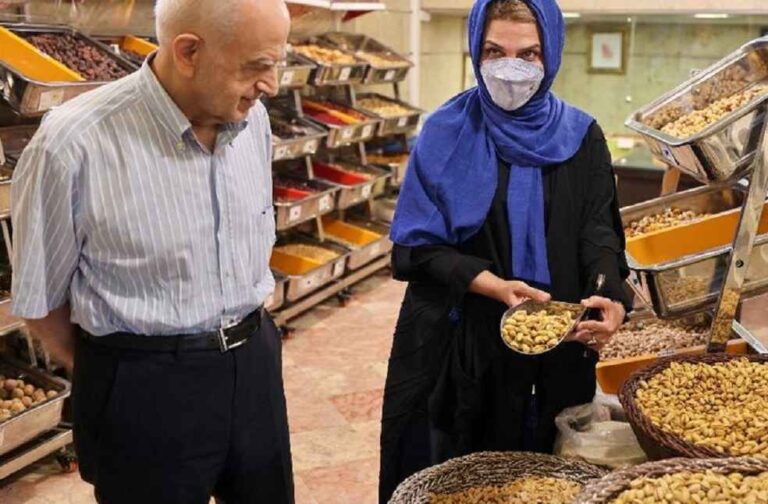Iran’s pistachio industry, a key export sector, faces a major setback after the European Union rejected over two dozen shipments due to high aflatoxin levels. The crisis threatens not only EU exports but also the global reputation of Iranian pistachios.
Despite stricter EU aflatoxin standards introduced in 2022, Iranian authorities failed to act promptly, leading to the rejection of 26 shipments out of 7,500 tons exported annually to the EU.
“This issue should have been resolved six months ago instead of looking for solutions now,” said Abdollah Mohajer Darabi, a board member of the Iranian Chamber of Commerce. Deputy Minister of Agriculture Mohammad Mehdi Boromandi questioned why contamination levels had risen despite prior warnings.

Automotive companies have entered the pistachio export market to secure foreign currency, selling low-quality products at discounted rates. This has damaged Iran’s reputation and disrupted key markets, such as China, where exports dropped from 200,000 tons last year to under 20,000 tons.
“They export the worst and lowest-quality pistachios, losing global markets and tarnishing the reputation of Iranian pistachios,” said Mohammad Ali Mohammad Mirzaian, head of the Export Development Commission of the Kerman Chamber of Commerce.
Power outages in Kerman province, a major pistachio-producing area, led to significant crop losses in September 2024. Between 20% and 40% of the crop was rendered hollow, while 7,200 tons were destroyed in Rafsanjan, according to local officials.

Efforts to address EU concerns faltered due to limited cooperation. EU representatives declined invitations to visit Iranian facilities, and Iranian officials were unable to travel to Europe for discussions.
“The government’s misguided policies regarding exports and the involvement of non-specialists have pushed real exporters out of the market,” Boromandi warned, adding that without changes, Iranian pistachios could vanish from global markets within two years.
Experts urge Iran to align export policies with international standards to restore competitiveness. “Iran must align its pistachio export policies with international standards to ensure competitiveness,” Boromandi said. Without immediate reforms, Iran risks losing a key export industry critical to its economy.
BUSINESS GENERAL | Kenya-China Trade Tops $3.481B in 2023, Trade Deficit Widens Further



